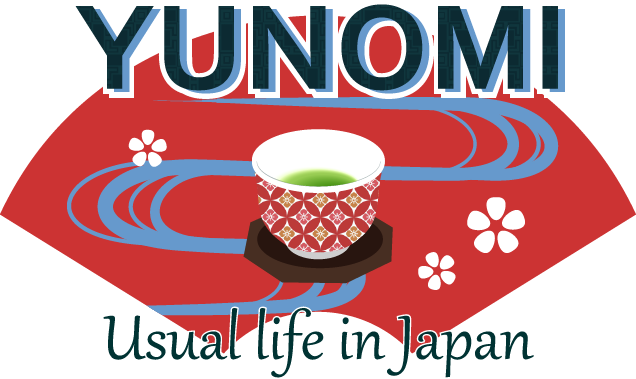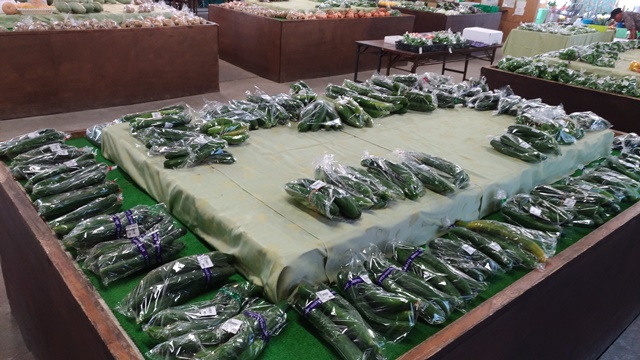In Japan, buying vegetables can feel surprisingly personal.
At farmers’ markets or even tiny roadside stalls,
you’re not just buying food — you’re connecting with the people who grew it.
The Charm of Farmers’ Markets
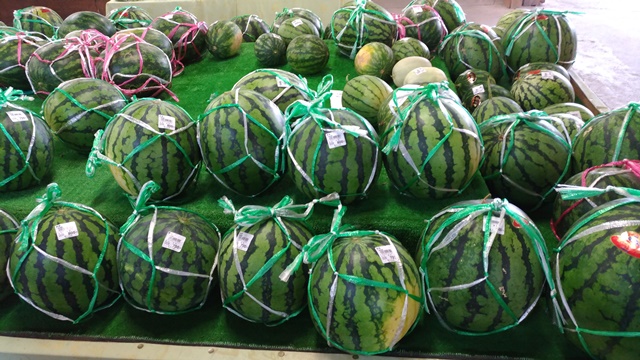
Across Japan, farmers’ direct-sale markets — called chokubai-jo —
have become popular spots for locals and travelers alike.
Each stall displays freshly harvested vegetables brought in by nearby farmers every morning.
Many include a name tag, photo, or a short message from the producer:
“These carrots were picked this morning. Please enjoy!”
The interesting part is that the flavor changes depending on the farmer.
Even with the same vegetable — say, green onions —
the taste differs because of the soil, fertilizer, and the way each farmer raises them.
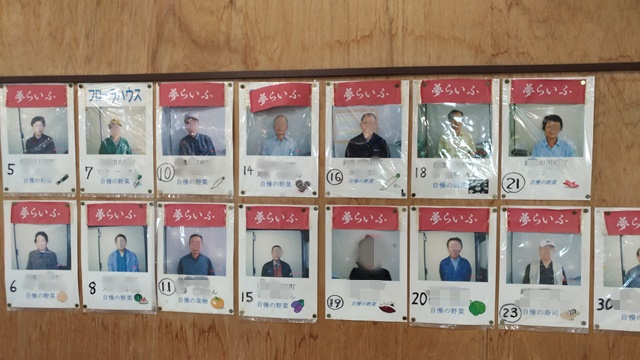
Locals often say,
“We always buy Mr. Tanaka’s tomatoes — they’re the sweetest!”
What’s more, vegetables from these markets stay fresh much longer than supermarket ones.
Maybe because they were harvested just hours before being sold — they still feel alive.
Supermarket veggies often wilt after a few days,
but those from farmers’ markets remain crisp and full of life.
It’s not just fresher than supermarkets — it’s often cheaper too.
And unlike supermarket vegetables, these carry the warmth of someone’s care.
From the Fields to Your Hands
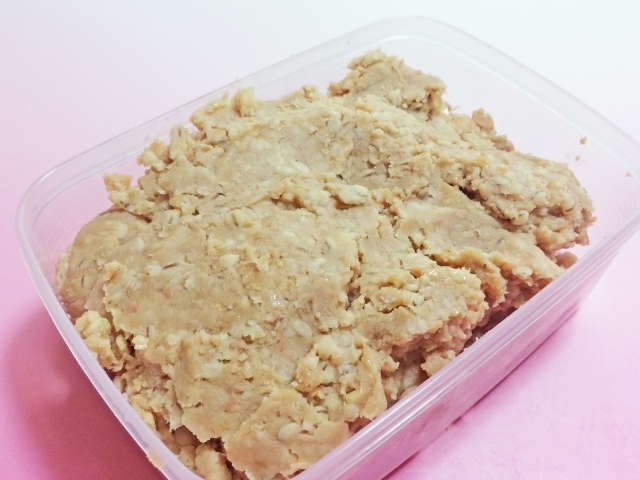
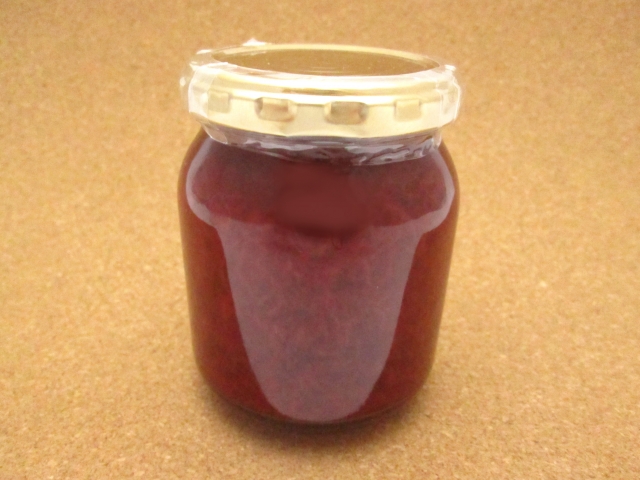
Beyond fresh produce, these markets also offer
homemade jams, pickles, miso, and sweets.
Many of them are recipes passed down through generations.
Walking through the aisles feels less like shopping
and more like visiting neighbors who are proud of what they make.
Some large markets even have tasting areas or small food stalls
where you can try the farmers’ ingredients in local-style dishes —
the perfect countryside experience.
The Honesty of Unmanned Stalls
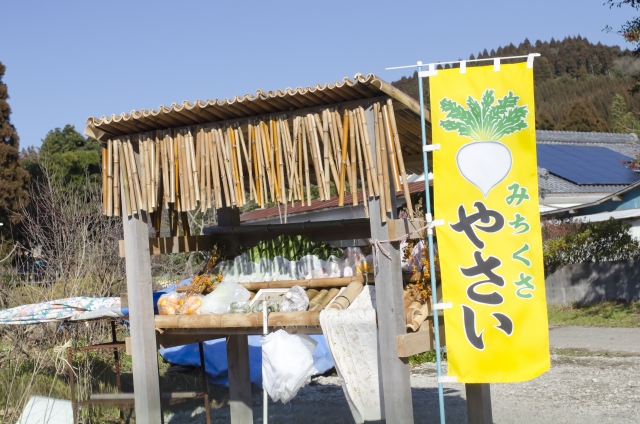
Then there’s another side of Japan’s food culture —
tiny unmanned vegetable stalls standing quietly beside rice fields or roads.
They usually consist of a small wooden hut, a shelf with fresh produce, and a coin box.
No one is there to watch you.
You simply take what you want and leave the exact amount.
Prices are unbelievably low — sometimes just 100 yen for a bag of vegetables —
but that’s not the point.
What really matters is the mutual trust between farmers and neighbors.
I’ve often thought,
how could anyone not pay in that situation?
These farmers are offering what they grew with care, trusting people completely.
It feels almost sacred — a reminder that honesty still thrives in everyday life.
Once, I saw a small handwritten note inside one of those huts:
“I’m out in the field right now. Please leave your coins in the box. Thank you.”
It made me smile — not because of the vegetables,
but because of the simple humanity behind them.
The Taste of Trust
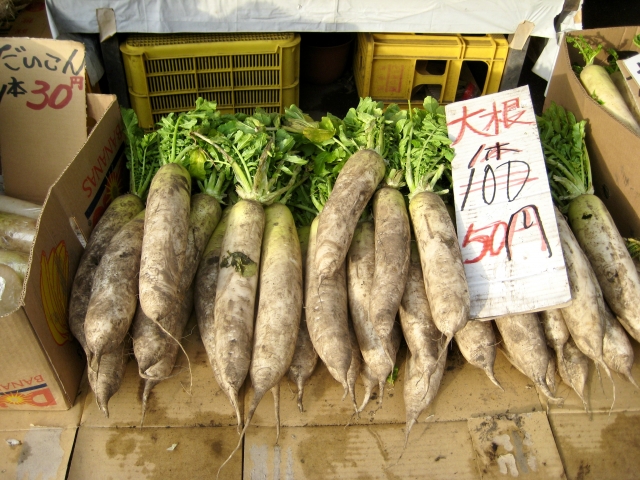
Whether it’s a busy weekend market or a quiet country lane,
Japan’s local food culture is built on connection and respect.
Every vegetable tells a story — not just of freshness,
but of trust between people.
Maybe that’s why they always taste a little better.
